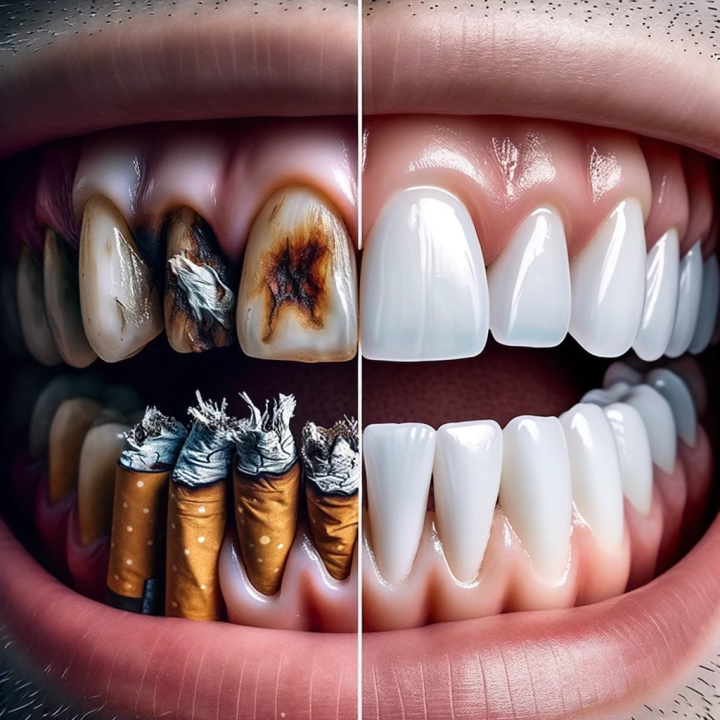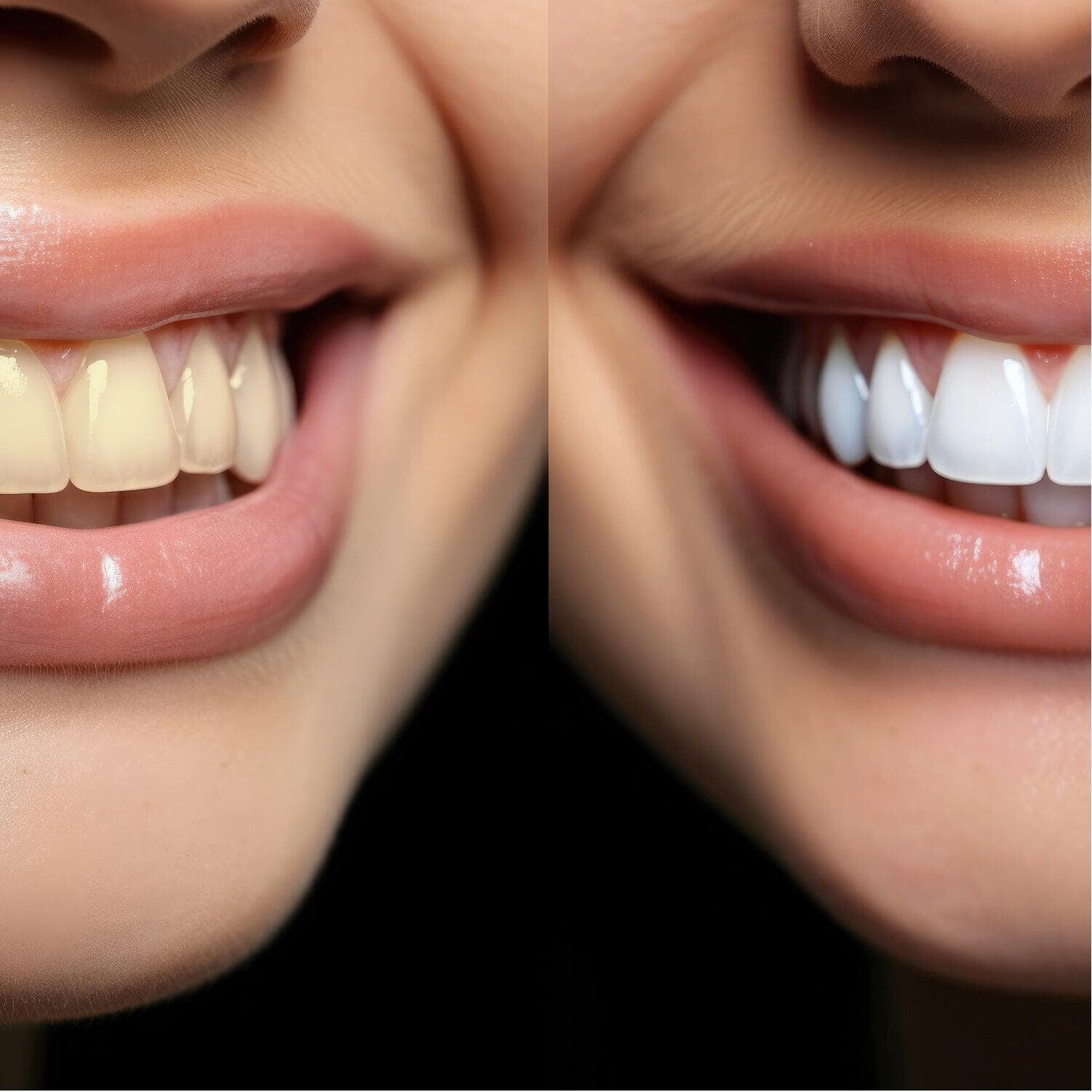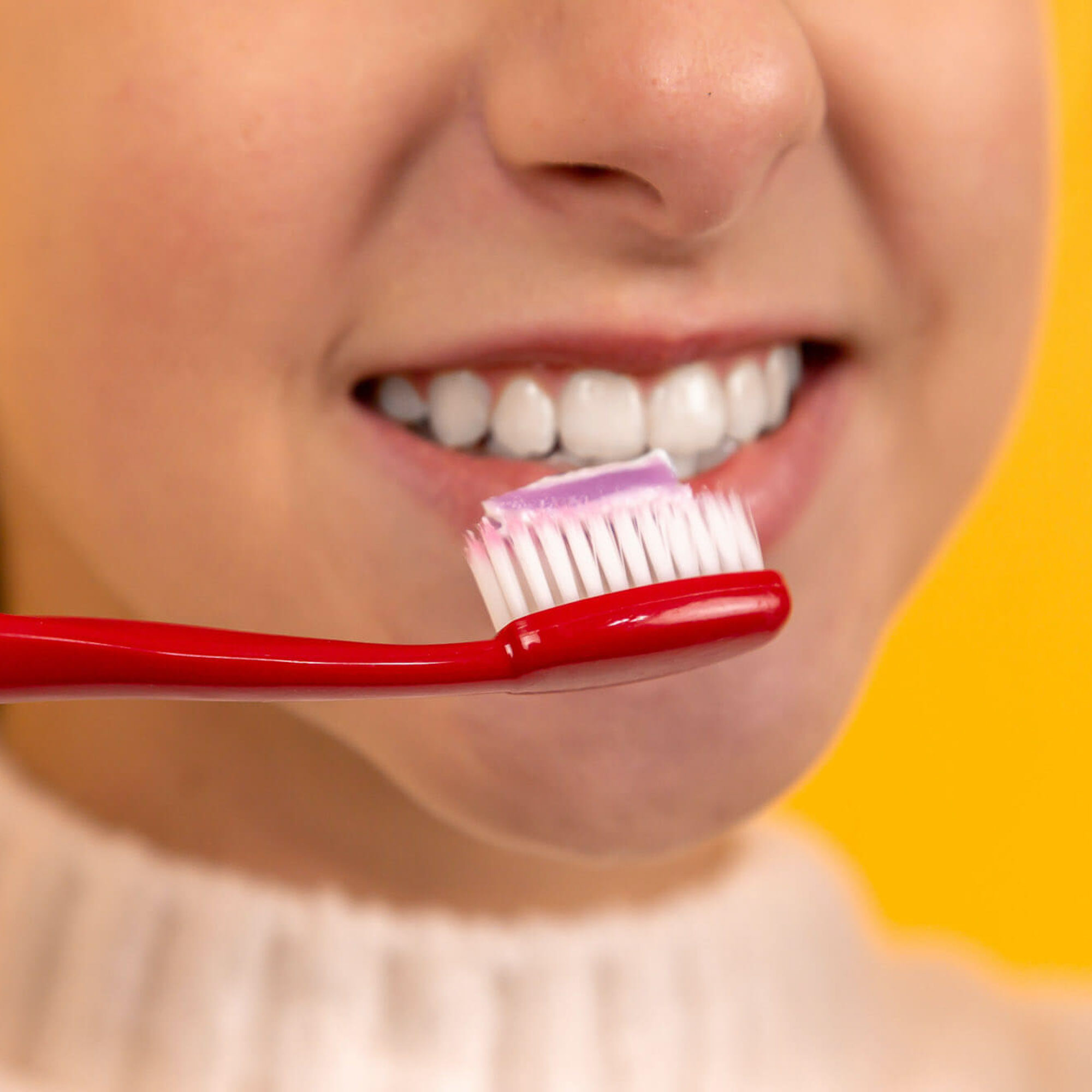For many, a bright, white smile represents confidence and charm. However, for smokers, achieving that dazzling grin can come with its unique set of challenges. Smoking not only stains the teeth but can also lead to various oral health issues, making it essential to approach teeth whitening with caution and understanding. In this article, we will explore special considerations that smokers should keep in mind when seeking whiter teeth.
Understanding the Impact of Smoking on Oral Health

The key to effective teeth whitening for smokers is understanding how smoking affects oral health. Nicotine and tar from cigarettes can lead to deep stains on the enamel, creating a yellowish or brownish tint. Over time, these substances can penetrate the enamel, making stains more challenging to remove.
Additionally, smoking can hinder oral health in various ways, such as:
- Gum Disease: Smokers are more prone to gum disease, which could affect the gums’ health and, subsequently, teeth-whitening outcomes.
- Reduced Healing: Smoking impairs blood flow, slowing healing in the mouth and affecting recovery from dental treatments.
- Stained Breath: Beyond teeth, smoking may also contribute to bad breath, which can impact overall oral care and hygiene.
Understanding these factors is crucial for smokers in their teeth whitening journey. With proper care and methods tailored to their needs, they can achieve the smile they’ve always wanted.
Choosing the Right Whitening Method

When it comes to selecting a whitening method, smokers have a range of options. However, it’s important to choose wisely based on personal preferences, convenience, and oral health considerations.
- Professional Whitening Treatments: Visiting a dentist for professional whitening is generally the most effective option. Dentists use stronger bleaching agents and can customize the treatment according to an individual’s needs. They can also monitor any gum health issues caused by smoking.
- At-Home Whitening Kits: Over-the-counter products can be convenient for many smokers. Look for kits that contain carbamide peroxide or hydrogen peroxide, as these ingredients are effective in achieving whiter teeth. However, be cautious with the instructions, as excessive use may harm oral health.
- Whitening Toothpaste: While not as effective as other methods, whitening toothpaste can be utilized alongside other treatments. Opt for products specifically designed to combat tobacco stains for the best results.
Adopting Good Oral Hygiene Practices

For smokers, maintaining optimal oral hygiene is paramount, especially when undergoing teeth whitening. Regular brushing, flossing, and dental visits are essential to counteract the effects of smoking.
- Floss Daily: Flossing removes plaque buildup between teeth and along the gum line, areas where even the best toothbrush may miss.
- Brush Twice Daily: Use a fluoride toothpaste and consider alternating between a regular toothbrush and an electric one for optimally clean teeth.
- Mouthwash Solutions: Incorporating a therapeutic mouthwash in your routine can help eliminate bacteria and combat bad breath, leading to a healthier mouth.
Lifestyle Changes to Enhance Results
To significantly improve teeth whitening efforts, lifestyle changes can play a key role. Smokers will benefit from integrating the following habits into their routines:
- Quit Smoking: This step not only improves teeth whitening outcomes but also enhances overall oral and general health. Resources like support groups or nicotine replacement therapies can be beneficial.
- Dietary Adjustments: Avoiding certain foods and beverages that stain teeth, such as coffee, red wine, and dark berries, can help maintain the whitened appearance for longer.
- Hydration: Drinking water regularly can aid in washing away food particles and reducing the risk of stains.
Follow-up Care and Maintenance

After achieving a brighter smile, maintaining those results is crucial, particularly for smokers. Regular follow-up care ensures that the whitening process is long-lasting:
- Regular Dental Check-ups: Routine visits to the dentist help monitor oral health and address any issues that may arise post-treatment.
- Touch-Up Treatments: Depending on the chosen whitening method, periodic touch-ups maybe required. Discuss this with your dentist to determine the best schedule.
- Stay Proactive: Smokers should remain vigilant in their oral care practices. If stains begin to reappear, consider re-evaluating tooth-whitening options sooner rather than later.
In summary, while smoking presents specific challenges to achieving a bright, white smile, dedicated smokers can take meaningful steps to improve their dental aesthetics. By understanding the implications of their habits, selecting suitable whitening methods, and fostering good oral hygiene, they can achieve and maintain the beautiful smile they deserve. Transitioning to a smoke-free lifestyle will only amplify these results, unveiling not just a sparkling smile, but a boost in overall health and confidence too!
References:
- Teeth Whitening for Smokers: The Best Methods and Considerations. Dental Health Magazine. https://www.dentalhealthmagazine.com/teeth-whitening-smokers
- How Smoking Affects Your Smile and Whitening Options. Oral Care Journal. https://www.oralcarejournal.com/smoking-whitening-options
- The Role of Lifestyle Changes in Teeth Whitening for Smokers. Healthline. https://www.healthline.com/lifestyle/teeth-whitening-smokers
- Best Teeth Whitening Techniques for Heavy Smokers. Allure. https://www.allure.com/whitening-techniques-smokers
- Tips for Smokers to Maintain a Bright Smile. Health.com. https://www.health.com/mantain-bright-smile-smokers













